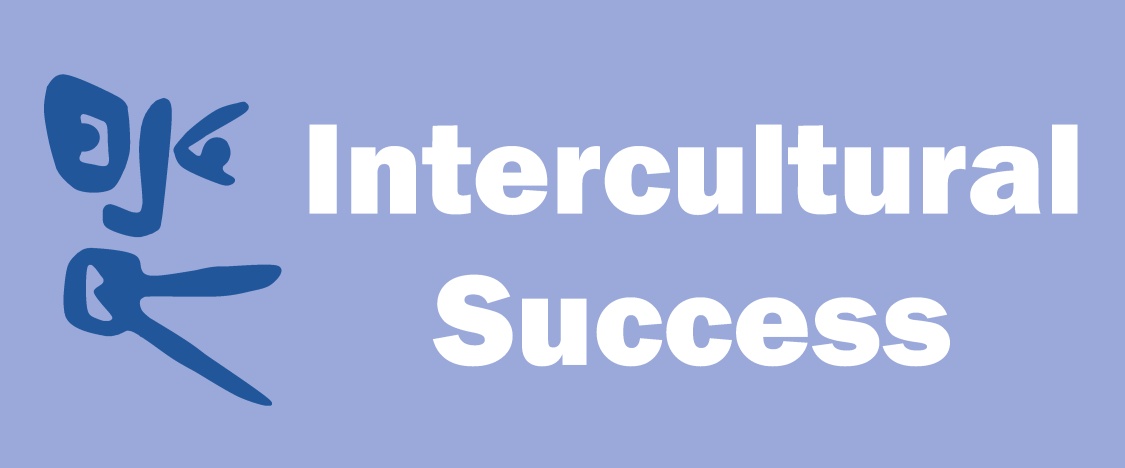1 March 2024|relocating
Moving successfully to a new country
What can you do practically to help the process of adapting easily and successfully to working in a new country?
Last week we started focusing on the topic with our article – How to adapt easily to working in a new country.
“The art of life lies in a constant readjustment to our surroundings.”
There were a lot of questions about how to adapt once living and working in new country.
So, here is a practical guide with twelve suggestions for a successful move to a new country.

12 Practical strategies to use to adapt to your new country
One: Be flexible and open to difference
Be flexible at all times and in all situations. You can do this by continuing to observe the differences you see in your new country and also observing your own behaviour and how it is being perceived in the new country. As much as possible be accepting of everything, even those things which you find difficult to adjust to. If you relish difference, then it will soon become a way of life. It is good not to compare the new country with how things are back in your home country as that would keep your focus on the past rather than the present and future.
Two: Give yourself time and allow mistakes
Don’t be too critical or impatient with yourself as you settle into life at work in your new country. You cannot learn everything in one day, one week or one month. It takes time. If you are working in your second or third language this will be tiring to start with and so, try to factor this in. It is very important to give yourself time to relax and reflect. If you are working in a second or third language, it is key to find some time each day when you are not speaking or listening to any language. This will give your mind time to settle.
Three: Ask questions
Don’t hesitate to ask questions to learn, this will always be viewed favourably wherever you are and whoever you are working with. If you establish a culture of questions, then it will make it easier for your new colleagues and neighbours to volunteer information to you, or perhaps ask you questions in turn.
Four: Explore and enjoy
However busy you are at work and establishing your new life, find time to explore. Aim to do something once a week to explore your new area. Make sure that you have at least one point in the week when you are not working or doing all the things which need to be done after moving.
Five: Export direct
“Export direct” by using your own background, culture, and experience as a unique selling point. Although you are working to adapt and adjust to your new culture, keep aspects of your own culture too.
Six: Host behaviour
Become the host by initiating a social event even though you are newly arrived. Hosting an event when there is a festival or public holiday in your home country is a good way to bridge the gap between your home and your new country.
Seven: Balance of social contacts
Make sure that you have a balance of social contacts both from the expatriate community and from the local population. Other expatriates can be great support but may also have some negative views about where you are now living. Local people can help you to adapt and will also enrich your life. The key is to have people from both groups.
Eight: Human rather than cultural differences
Don’t assume that a difficult situation or person is because of your lack of cultural knowledge or because you are from different cultures. Difficult situations and difficult people occur in life wherever you are based.
Nine: Local events
Become involved with local events and festivals, but also keep your own. You can keep your own by hosting a small celebration, by celebrating with family or friends back home on a video call, or by doing something special to mark the day.
Ten: Escape route
Have an escape route. Perhaps someone back in your home country who you can be completely honest with. It’s probably best to warn this person in advance that you are going to be using them in this way. This is especially important in the first weeks in a new country as you will be asked all the time – how are you settling in? – are you enjoying life? You of course will answer yes, but then you will have your escape route person to speak to in a different way.
Eleven: Hobbies
Keep hobbies and interests as much as you can or find replacements. Not all hobbies travel the world, but the key is to find an equivalent. As well, it is great to start a hobby which is local to where you are now living, or to start to learn a local sport or way of cooking.
Twelve: Language
Even if you don’t speak the local language well, make sure that you have some phrases to use when you are out of the work environment. Some people target learning one new phrase a day and are surprised at what a difference it starts to make.
Conclusion

To conclude, I often think of the story of the travellers about to arrive from one town into another.
The first traveller meets some people on the road and asks:
“What are the people in the next town like?”
They reply:
“Well, what were the people in the last town like?”
To which the first traveller replies:
“They were unfriendly, untrustworthy and arrogant.”
They reply:
“Well, the people in the next town will be like that too.”
A few minutes later another traveller meets the same people on the road and asks:
“What are the people in the next town like?”
Their reply is:
“Well, what were the people in the last town like?”
To which the second traveller replies:
“They were friendly, trustworthy, kind, and generous.”
Again they give the same answer:
“Well, the people in the next town will be like that too.””

So, expect the best and you will probably be able to find it.
“The only normal people are the ones you don’t know very well.”
Useful further reading

If you would like to learn more about how to present globally or discuss one on one coaching, book a half hour situation appraisal to discuss your needs with our Director, Caroline Gregory or message her via our contact form.

